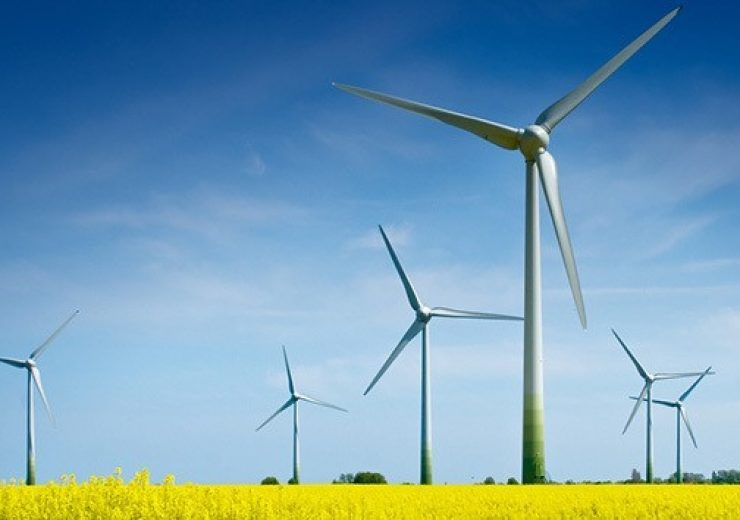Separately, EBRD and the ADB announced a financial package of $110m for Tajikistan’s state-owned power utility

EBRD grants €60.4m loan to build two windfarms in Poland. (Credit: European Bank for Reconstruction and Development.)
The European Bank for Reconstruction and Development (EBRD) has announced a financing of PLN275m (€60.4m) for the development, construction and operation of two wind farms in Poland.
EBRD is financing the projects, which have a combined capacity of 125.4MW, with a common commercial lender Banco Santander.
The projects include the 81.4MW Banie 3 development in northwestern Poland, where 37 turbines will be installed and the 44MW Sepopol windfarm, which will feature 20 wind turbines.
The loans will be divided between Derickar Investments, owner of Sepopol windfarm receiving PLN91.6m (€20.1m), and Gaberpoint Investments, owner of Banie receiving PLN183.4m (€40.3m).
The wind projects are expected to produce more than 348.3GWh of renewable zero carbon electricity, resulting in the reduction of CO2 emissions of at least 266,300 tonnes per year.
The new wind facilities are anticipated to help Poland contribute to the EU climate and energy targets for 2030, including a reduction of 55% greenhouse gas emissions.
Poland targets to almost double the share of renewables in final energy consumption from 12.2% at the end of 2019 to 23% in 2030. The country’s installed wind capacity stood at 6.4GW at the end of 2020.
In a separate development, the EBRD and the Asian Development Bank (ADB) announced a financial package of $110m for Tajikistan’s Shabakahoi Taksimoti Bark (STB).
STB is a state-owned power utility responsible for electricity distribution in the country.
The funding includes an EBRD sovereign loan of up to $25m and an ADB grant of $85m and will be used for advanced metering and grid enhancements in seven municipalities across Tajikistan.
The project is planned to be implemented in the Tajikistan capital Dushanbe, along with the cities and districts of Buston, Dangara, Konibodom, Isfara, Istaravshan and Panjakent.
Upon implementation, the project is expected to help reduce STB’s power losses by around 30GWh and reduce CO2 emissions by almost 2,000 tonnes per annum.
